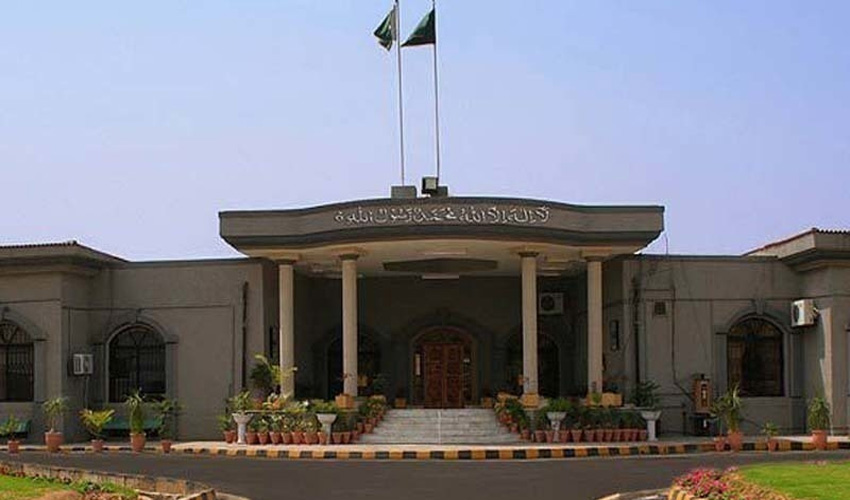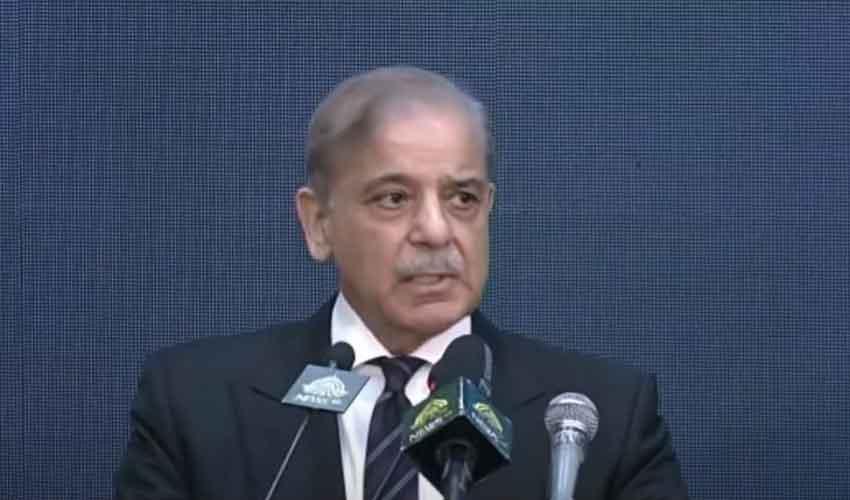In an important development in the matter of the letter of six judges of Islamabad High Court, the chief justice of the IHC sought proposals from all the judges of the IHC on the instructions of the Supreme Court.
SAMAA TV quoting sources said the Chief Justice of the Islamabad High Court (IHC) sought suggestions from all judges till Monday along with the District and Sessions Judge East and District and Sessions Judge West Islamabad.
A copy of the Supreme Court order has also been sent to the judges and after the suggestions of the judges, it will be decided whether to call the full court or not. The Supreme Court had taken suo motu notice of the letter of the High Court judges.
Former chief justice of Pakistan (CJP) Tassaduq Hussain Jilani excused himself from heading the government-approved inquiry commission on the letter written by six judges of the Islamabad High Court.
The former CJP wrote a letter to Prime Minister Shehbaz Sharif in which he observed that the high court judges had written the letter to the Supreme Judicial Council (SJC), which itself was a constitutional body.
Furthermore, Jilani also voiced his disagreement with the Terms of Reference (TORs) of the commission, deeming them irrelevant to the case at hand. He emphasized the importance of institutional consultation in addressing such matters effectively.
Also Read: Federal cabinet approves inquiry commission to investigate IHC judges' letter
"Towards the end the request made in the letter is for an 'institutional consultation' in terms of the mechanism suggested in the said letter," the former top judge explained.
On Saturday, the government had approved the constitution of an inquiry commission to investigate the letter of six judges from the Islamabad High Court regarding interference on the part of intelligence agencies in judicial decisions. Former chief justice of Pakistan, Tassaduq Hussain Jilani, was nominated as the head of the inquiry commission.
The cabinet meeting denied the allegations of the IHC judges of the executive's interference. The cabinet members were of the unanimous opinion that they strongly believed in the principle of decentralization of powers in state institutions.
The federal cabinet also approved the TORs of the Commission of Inquiry. As per the terms of reference of the commission, if necessary, the head of the commission can seek the services of anyone. The commission will be given a timeframe of 60 days to prepare its report.
Later, the Supreme Court of Pakistan (SCP) took suo motu notice of the letter written by six judges.



























